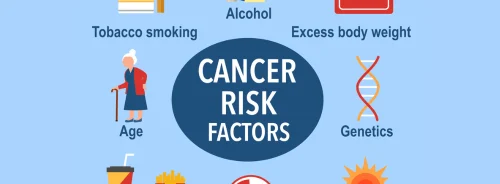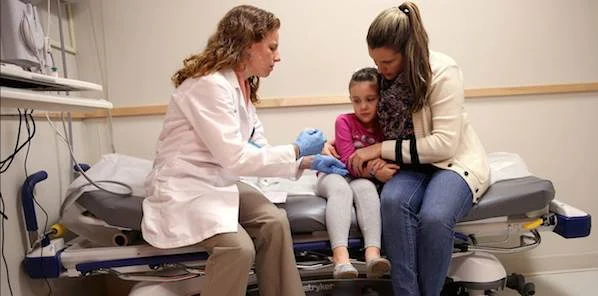The World Health Organization (WHO) has been “taken aback” by the outbreak of measles across Europe, as news came on Wednesday about the measles-related death of an 18-month old child in Berlin. From January 2014 to February 2015, the number of measles cases has spiked into the thousands in five European countries. More than 500 cases have been reported in Germany since October.
“It is unacceptable that, after the last 50 years' efforts to make safe and effective vaccines available, measles continues to cost lives, money and time,” said Dr. Zsuzsanna Jakab, WHO regional director for Europe. "When we consider that over the past two decades we have seen a reduction of 96 percent in the number of measles cases in the European region, and that we are just a step away from eliminating the disease, we are taken aback by these numbers,” said Dr. Jakab.
Closing Immunisation Gaps
According to WHO, increasing numbers of parents refuse to have their children vaccinated. Vaccination rates fell across Europe following a study which suggested a link between autism and vaccines, research which has now been discredited. Other parents who wish to vaccinate their children are facing barriers to immunisations.
“The priority is now to control current outbreaks through immunisation activities targeting people at risk,” said the WHO’s Dr. Nedret Emiroglu. “At the same time, all countries, with no exception, need to keep a very high coverage of regular measles vaccination, so that similar outbreaks won't happen again in our region, and measles can be eliminated once and for all."
Outbreaks Affecting Adults and Children Alike
The Berlin outbreak has infected a relatively high number of adults, which exposes a problem in earlier immunisation protocols, said Dr. Adam Finn of the University of Bristol in the UK. Vaccination rates among young adults was approximately 80 percent, but many of those people received only one vaccine instead of the recommended double dose for full protection. Less than 4 percent of people between the ages of 60 and 64 were vaccinated, according to a 2013 study. However, some older adults who were born before the vaccine was developed 50 years ago may be protected by the fact that they have already had measles. About half of the German cases involve adults.
A smaller outbreak of measles in California has primarily affected unvaccinated children, with more than 100 registered cases so far, according to the Department of Public Health. Most of the cases are tied to an outbreak that began in December at the Disneyland amusement park near Los Angeles. In the US, the recommendation is to vaccinate children at 12 to 15 months of age, with a second dose between the ages of 4 to 6 years old for full protection.
Two of the Berlin cases have been linked to the US, although authorities believe the German outbreak began with an infected child from Bosnia whose family sought asylum in Germany.
Image Credit: Google Images










